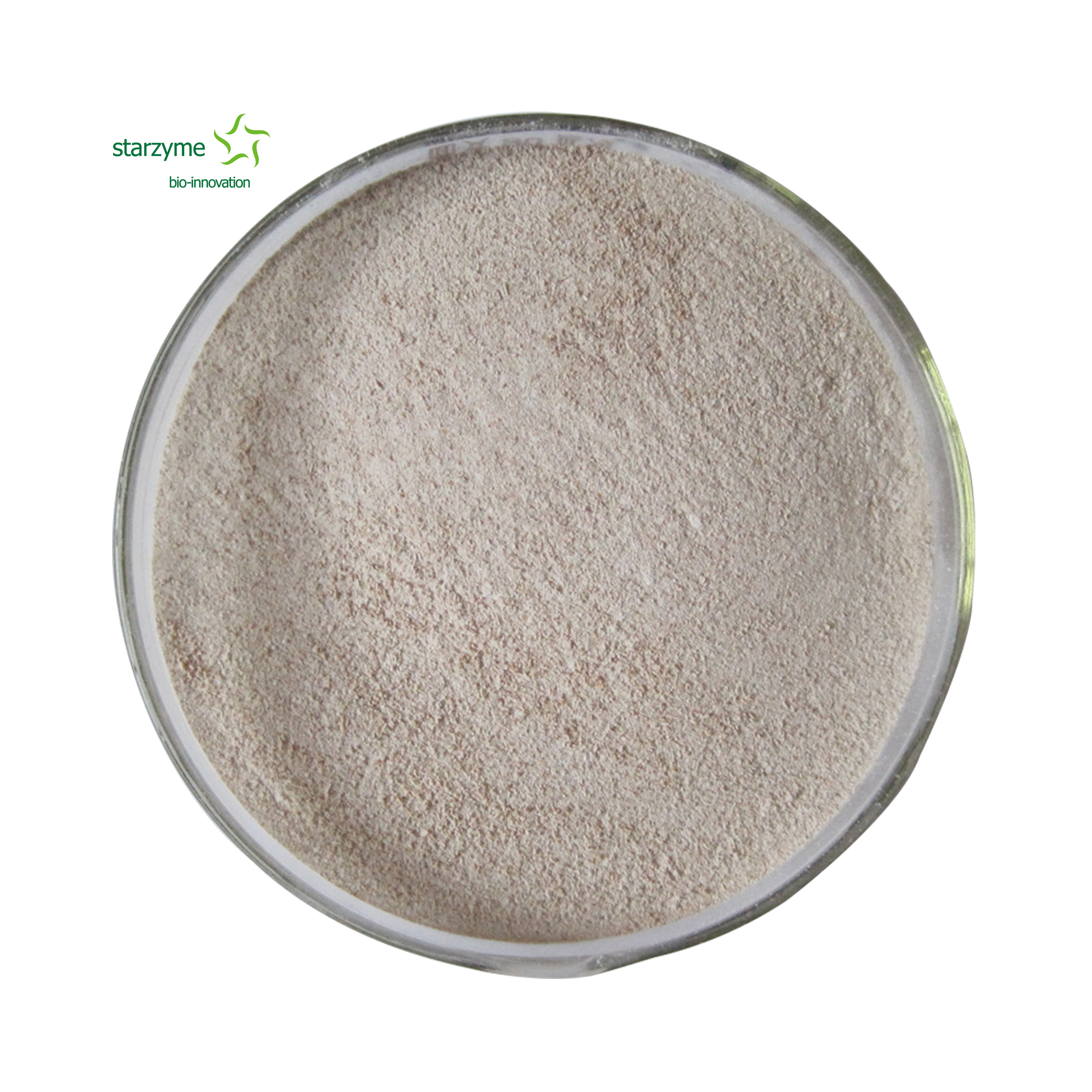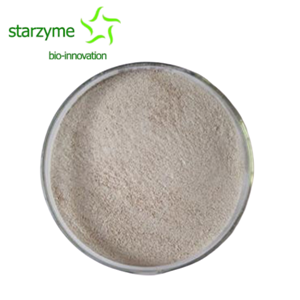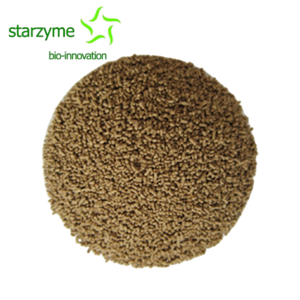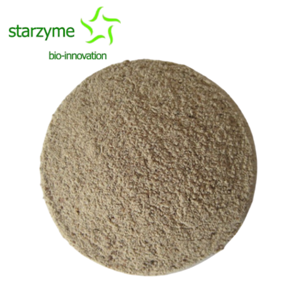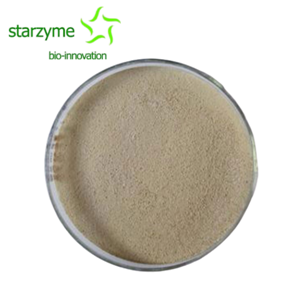Bacillus subtilis: The Green Probiotic
Bacillus subtilis, as a beneficial microorganism, plays an important role in improving agricultural production efficiency, protecting the environment, and promoting animal health. Its high temperature resistance and acid alkali resistance enable it to maintain activity in various environments, making it a very commonly used probiotic strain in animal feed.
Moreover, Bacillus subtilis has antibacterial properties and can inhibit the growth of pathogenic bacteria. The active substances it produces, such as Bacillus subtilis and polymyxin, have a significant inhibitory effect on pathogenic bacteria, thereby reducing the incidence of diseases. In addition, Bacillus subtilis can also prevent the reproduction of pathogenic microorganisms through competitive and lytic effects, achieving the effect of antibacterial and disease control.
Finally, the application of Bacillus subtilis in animal husbandry is also reflected in its environmental friendliness. It reduces the use of chemical fertilizers and drugs such as antibiotics through biodegradation, which also lowers environmental pollution. Unlike Bacillus subtilis, inorganic chemical fertilizers and antibiotics creates potential for harmful effects not only on the long term health of animals, but also poses a health risk in those who consume these animal products. In addition, Bacillus subtilis can also reduce harmful gas emissions in feces, such as ammonia, further reducing environmental pollution.

